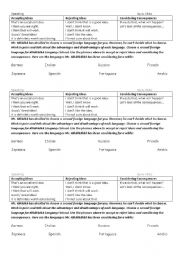
|
considering consequences
it is speaking for intermediate students.
Level: intermediate
Age: 12-17
Type: worksheet
Downloads: 3
|
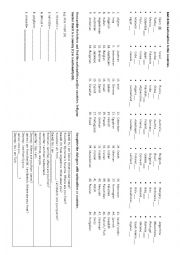
|
countries & nationalities
students will learn the countries & nationalities with different kinds of exercises which are matching, fill-in-the-blanks etc.
Level: elementary
Age: 13-17
Type: worksheet
Downloads: 53
|
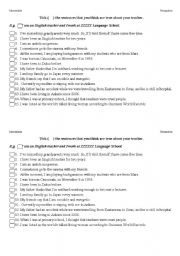
|
grammar recognition
to remind int students what they learned at the previous level
Level: intermediate
Age: 14-17
Type: worksheet
Downloads: 1
|
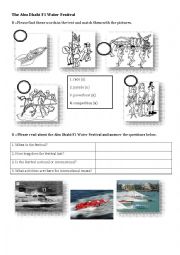
|
abu dhabi water festival
this worksheet is for the coursebook "Language Leader - Elementary" by Pearson/Longman. There is a scenario part to teach making and responding to suggestions in 3.3 of the book. There are 3 texts about water festivals around the world. I first showed them videos about each and after each video, I gave a paper about the text. This is the second one...
Level: elementary
Age: 14-17
Type: worksheet
Downloads: 6
|
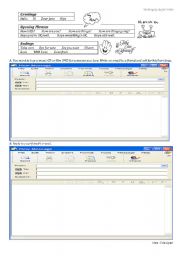
|
informal e-mail
informal e-mail writing
Level: elementary
Age: 10-17
Type: worksheet
Downloads: 29
|
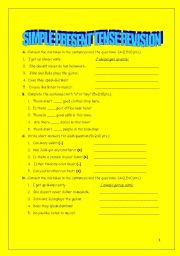
|
revision
present simple revision aiming to assess students� competency what they have learned in "present simple"
Level: elementary
Age: 9-12
Type: worksheet
Downloads: 3
|
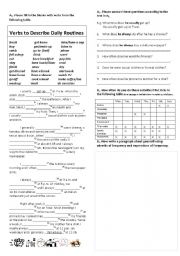
|
verbs to talk about daily routines
i used this material to consolidate present simple. while doing it, i taught how to use a dictionary for vocabulary to learn the meanings of the verbs. there are about 30 gaps in the first text. i divided the students in three groups. first group did the ones from 1- 11. Second group 12-20 and the other group 21-31. Then, i re-grouped them. In grou...
Level: elementary
Age: 14-17
Type: worksheet
Downloads: 37
|
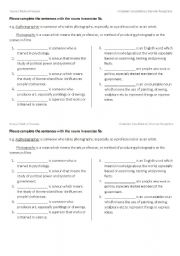
|
jobs & subjects/ people + Relative Pronouns
consolidation of nouns i�d taught and recognition of adjective clauses (who, which, that/ finite, defining) i was to teach
Level: elementary
Age: 10-17
Type: worksheet
Downloads: 5
|
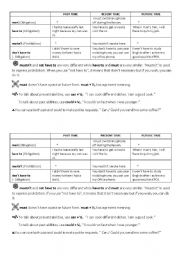
|
must/ have to
study sheet for must have to
Level: elementary
Age: 12-17
Type: worksheet
Downloads: 12
|
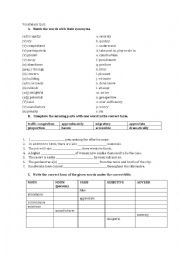
|
vocabpool
for pre-intermediate students, vocabularu quiz.
Level: intermediate
Age: 10-17
Type: worksheet
Downloads: 0
|